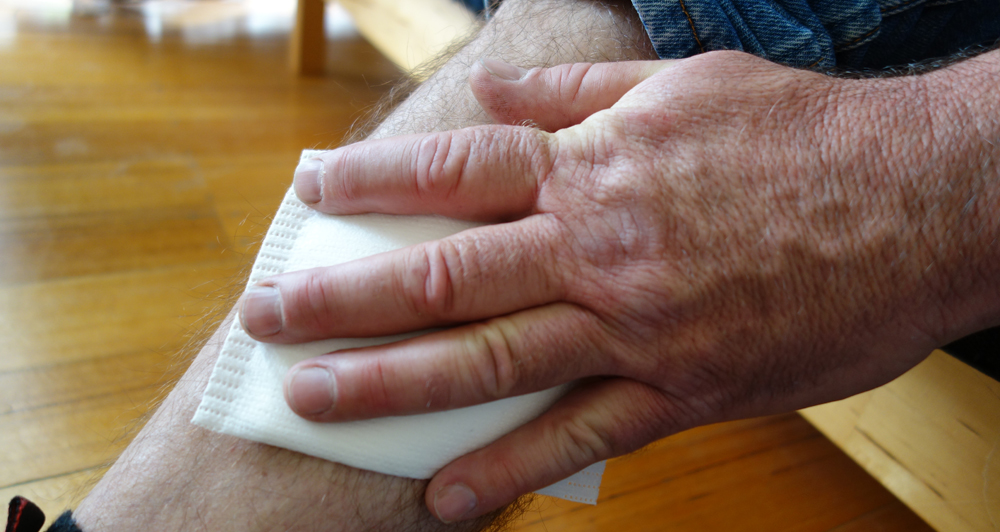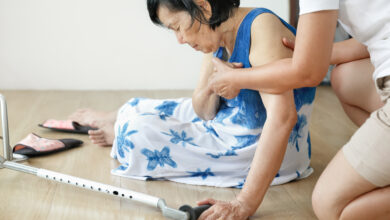Wound study to help patients self-treat

A Melbourne-based community nurse is about to embark on a study to investigate how to assist people who self-treat wounds.
Suzanne Kapp, a PhD student at The University of Melbourne who has been working with people with chronic wounds for more than 15 years, says little is known about self-treatment of chronic wounds.
“Many Australians are at risk of developing a chronic wound, and as the impact of chronic disease rises, so too will the impact of this condition,” she says. “[This] is the first study of its kind to focus on the characteristics and experiences of people who self-treat chronic wounds.”
Limited access to healthcare services or not wanting to see a healthcare professional are amongst the reasons self-treating can be important. Some patients also self-treat whilst receiving treatment from a healthcare professional, carer or family member.
“The results of the Self Treatment of Wounds Study will inform the development of educational resources to assist people [who] self-treat,” Kapp said.
Kapp, who will conduct the study with the university’s professor Nick Santamaria, is searching for participants who live in metropolitan, regional, rural and remote areas of Australia.
She says health workers come into contact with many people who have chronic wounds. They may assist them in treating the wound, or may treat another concern and become aware they have a wound.
Kapp says, “Health workers are in a great position to spread the word about this study. This study needs to survey 450 people. The health workforce can greatly assist us [in meeting] this target, which in turn will allow us to understand better what people need to self-treat and to develop the best possible resources.
“People who have chronic wounds may be hidden in our community and some may be suffering in silence. It is hoped that this study will help to raise the profile of chronic wounds in Australia and [inform people] that advice and help are available for people who have chronic wounds.”
Participants need to be “aged 18 years or older, have a chronic wound and self-treat the wound some or all of the time”.
“Even if the wound is small, or the person has only self-treated for a short while, or the person only conducts some of the self-treatment activities, their participation is valuable,” Kapp says.
Go to http://www.selftreatmentofwounds.net/ if you know anyone who may be eligible to participate.
Email: [email protected]




